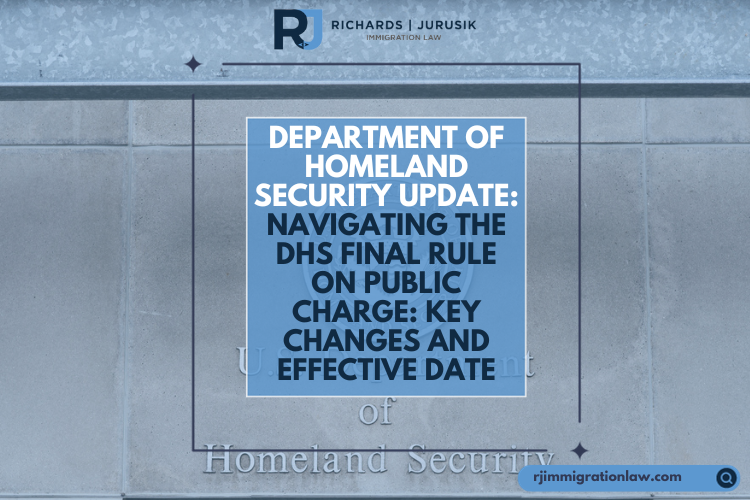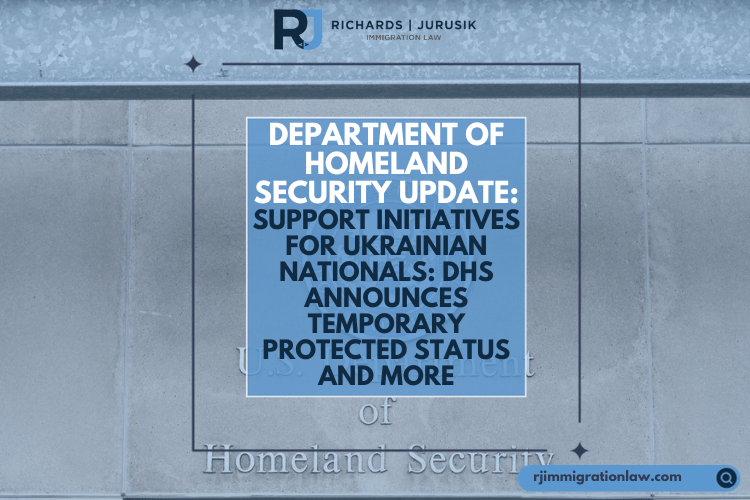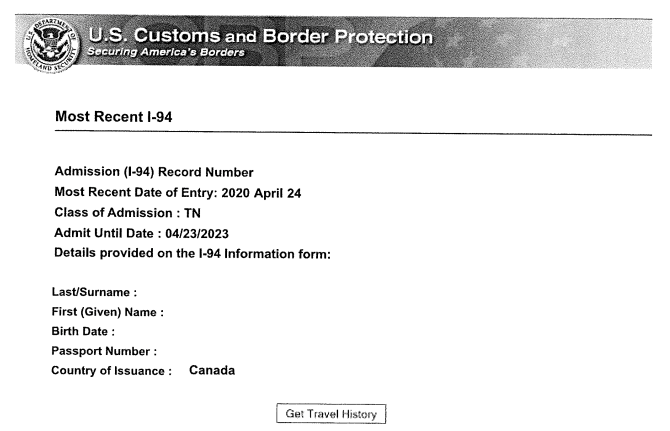Recognizing Canadian common-law marriages within the United States immigration framework carries significant implications, especially when one partner in the U.S. is on a non-immigrant visa such as E2, L1, H1B, or TN. This article explains how U.S. immigration laws interpret these relationships, impacting the eligibility for dependent visa status and beyond.
Canadian Common-Law Partnership
In Canada, a common-law partnership is recognized for immigration purposes when a couple has lived together for at least one year in a conjugal relationship, as defined by Immigration, Refugees and Citizenship Canada (IRCC). The relationship must be proven with evidence of cohabitation and is considered case-by-case, focusing on the facts presented. Additionally, periods of separation can still maintain the common-law relationship, provided they are temporary and both parties intend to resume their cohabitation.
Marriage According to U.S. Immigration Law
However, according to U.S. immigration law, particularly as outlined in the Foreign Affairs Manual (FAM), for a marriage to be recognized for visa adjudication purposes, it must be legally valid in the place where the marriage was celebrated, and it must confer full marital rights, equivalent to those of traditional marriage. This includes the relationship only being terminated by divorce or death, potential rights to alimony, intestate distribution of an estate, and rights of custody for any children.
Comparing Canadian Common-Law Partnerships and U.S. Marriages for Immigration
In the case of common-law marriages or cohabitations, U.S. immigration law requires that the relationship be legally recognized in the jurisdiction where it was established and that it is fully equivalent to a traditional marriage in every respect. Since Canadian common-law partnerships may not confer all the rights and obligations of marriage (such as the right to intestate distribution of an estate or the right of custody if there are children) across all Canadian jurisdictions, they do not automatically qualify as marriages for U.S. immigration purposes.
Conclusion
Given the stringent requirements for recognizing a marriage under U.S. immigration law and the specific qualifications for common-law relationships in Canada, it is evident that Canadian common-law marriages generally do not meet the criteria to qualify for dependent visa status in the U.S. This is primarily because the recognition and rights afforded to common-law couples in Canada may not fully align with the U.S. standards for marriage equivalence.
Additional Outside Resources
We Can Help!
You may have questions regarding U.S. immigration law and Canadian common-law marriages. We invite you to contact our team at Richards and Jurusik for detailed guidance and assistance. We aim to provide the most accurate and up-to-date information to make your immigration process smoother and less stressful. The immigration lawyers at Richards and Jurusik have decades of experience helping people to work and live in the United States. Read some of our hundreds of 5-star client reviews! Contact us today to assess your legal situation.







